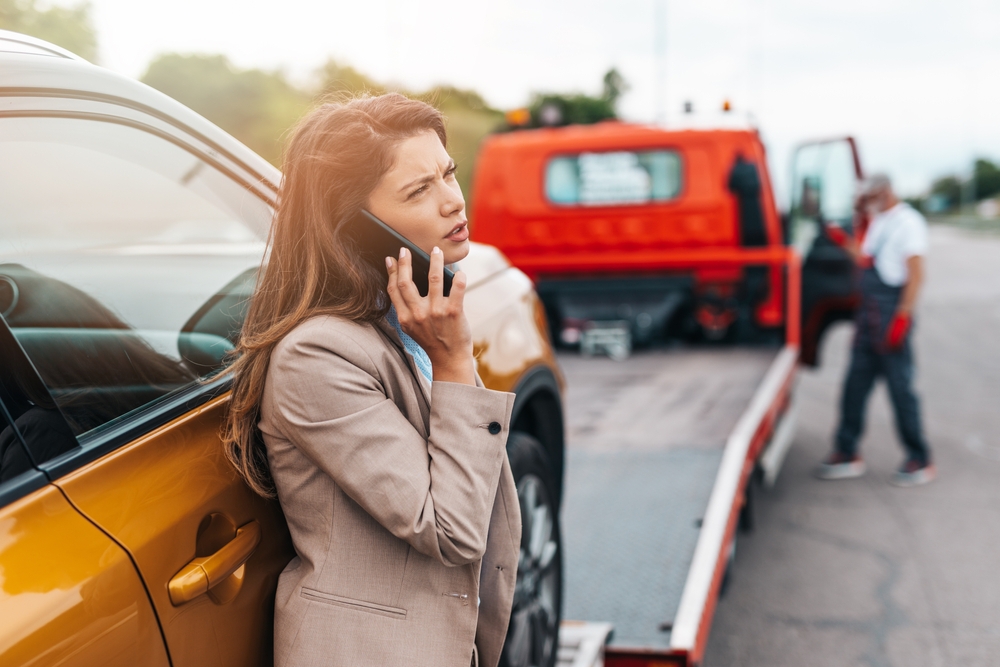
The Aftermath of a Crash: When the Insurance Calls Come In
If you've been involved in a car accident in Virginia, it won't take long before the insurance calls begin. It might be the other driver’s insurer, your own, or both. They may sound friendly and helpful, asking for 'your side of the story' or offering to record a quick statement. But before you say yes, you may be wondering: Should I talk to the insurance company myself after a Virginia car accident?
It’s a smart question—and one that could significantly affect the outcome of your injury claim.
Understanding the Insurance Company’s Goals After a Crash
Insurance companies are not public safety advocates. They are businesses with one clear goal: limiting how much they pay out. When an adjuster calls after your accident, they may seem polite and concerned. But make no mistake—their job is to:
- Collect statements that minimize their liability
- Get you to settle quickly, often before the full scope of your injuries is known
- Use your own words to dispute or reduce your claim
Even something as innocent as saying "I'm fine" or "I didn't see them coming" can be twisted to hurt your case. In Virginia, where contributory negligence applies, a single misstep could bar you from receiving any compensation if you're found even 1% at fault.
Why You Should Think Twice Before Speaking to the Insurance Company Yourself
In a state like Virginia, where fault laws are particularly strict, the decision to handle the insurance company alone carries serious risk. Here’s why:
- You could unintentionally admit fault. Adjusters are trained to ask leading questions designed to extract damaging statements.
- You may undervalue your claim. Without legal insight, it’s easy to overlook future medical costs, long-term injuries, and lost earning capacity.
- You might waive your rights. Saying the wrong thing or signing the wrong document could limit or even forfeit your ability to recover full compensation.
These are not scare tactics—they are real outcomes that we’ve seen happen to unrepresented injury victims time and time again.
What Can Happen If You Talk Without Representation
Let’s say the other driver’s insurance company calls you within 48 hours of the crash. They ask for a recorded statement "just to move the process along." You give it, thinking you have nothing to hide.
Two weeks later, they deny liability based on something you said about the weather or your reaction time. Suddenly, your medical bills are mounting, and you're facing resistance. Without proper legal guidance, you’ve handed them a reason to undervalue or deny your claim.
This is why talking to the insurance company yourself after a Virginia car accident can be one of the most costly mistakes you make—and why many people only realize it after it’s too late.
What to Say If the Insurance Company Calls
You’re not legally required to give a recorded statement right away—or at all. In fact, in Virginia, where even a small admission can impact your right to compensation, it’s often better to pause the conversation until you understand your options.
If an adjuster calls before you’ve had a chance to speak with an attorney, a simple, respectful response can protect your rights without escalating the situation.
- For example: “I’m not prepared to discuss the accident at this time. I’d like to take some time before providing any statements.”
You don’t have to explain why you’re waiting, and you’re not obligated to say that you’re seeking legal help. But giving yourself space to make informed decisions is both reasonable and smart—especially when the outcome of your claim may hinge on what you say in these early conversations.
How an Attorney Protects You From the Start
A skilled personal injury attorney knows how to navigate insurance conversations with precision. At MacDowell Law Group, we communicate with insurance companies on your behalf to:
- Control the flow of information
- Ensure all documentation supports your claim
- Push back against unfair blame or denials
- Negotiate a settlement that reflects the full value of your case
We also make sure that your injuries are fully understood, and that your claim reflects the true impact the accident has had on your life—physically, emotionally, and financially.
You Don’t Get a Second Chance to Protect Your Rights
Virginia’s laws leave little room for error. Once you’ve made a damaging statement or accepted a lowball settlement, it’s often impossible to undo. That’s why it’s critical to consult a lawyer before you speak with any insurance adjuster—even your own.
If you're asking, "Should I talk to the insurance company myself after a Virginia car accident?" The answer is: not without legal advice.
The insurance company has a trained team working to protect its interests. You deserve someone just as focused on protecting yours.
Don’t Let One Conversation Cost You Your Claim
At MacDowell Law Group, we understand the pressure you're under after an auto accident—calls from adjusters, rising medical bills, and the stress of getting back to work or daily life. We also know how to protect you from the common pitfalls that can jeopardize your case.
If you've been hurt in a car accident in Fairfax, Vienna, Arlington, Falls Church, or anywhere in Northern Virginia, reach out before you say anything to the insurance company. One phone call with our legal team can give you the clarity and confidence you need to move forward the right way.
We offer personalized guidance based on Virginia law and a track record of standing up to insurers on behalf of injury victims just like you.
Don't go it alone. Contact MacDowell Law Group today for a consultation and let us help you take the right next step.
Disclaimer: This blog is for informational purposes only and does not constitute legal advice. Reading it does not create an attorney-client relationship. For advice about your specific situation, please contact MacDowell Law Group directly to speak with a licensed Virginia attorney.
